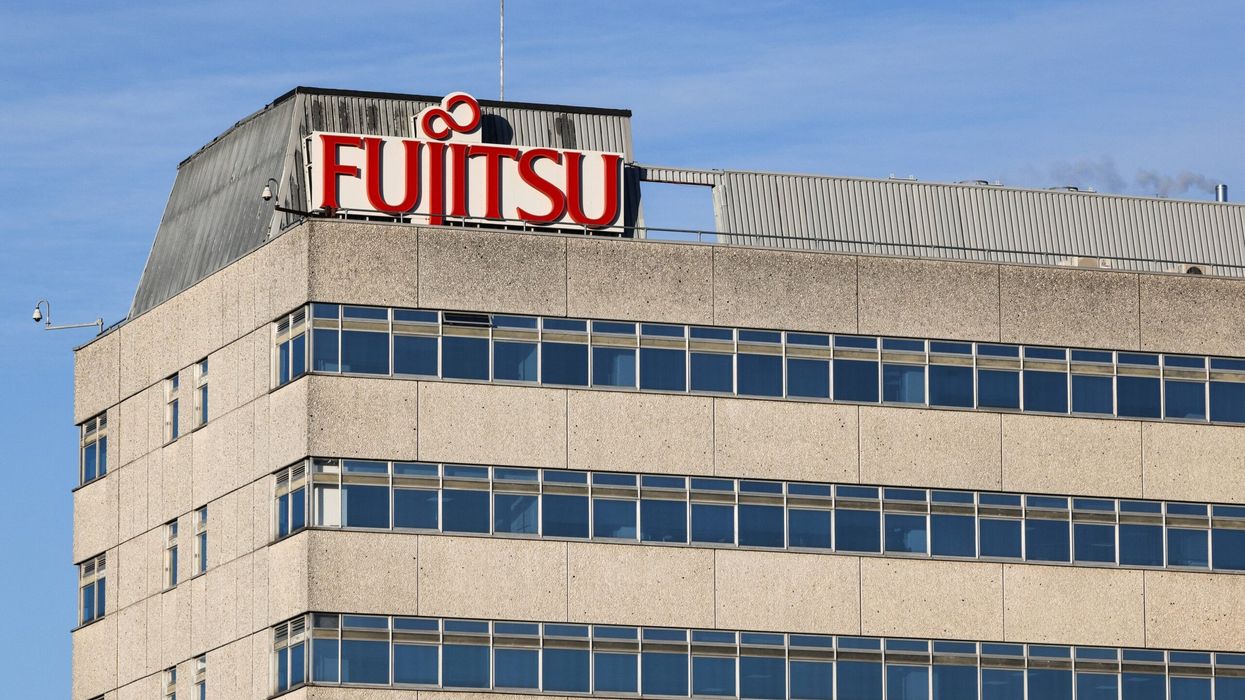Liberty House, a part of Sanjeev Gupta’s global GFG Alliance will buy four European steel plants of ArcelorMittal employing more than 12,500 people by putting itself at the heart of the continent’s steel industry and cementing its global role in the sector, said ArcelorMittal and Liberty House in two separate statements on Friday (12).
The landmark transaction that would take Liberty’s total rolling capacity to over 15 million tonnes a year. The group has made a binding offer to buy ArcelorMittal’s major integrated works at Galati in Romania and Ostrava in the Czech Republic, along with rolling mills at Skopje in Macedonia and Piombino in Italy.
Liberty secured preferred bidder status for the ArcelorMittal European plants against competition from other producers after the company puts the profitable assets up for sale as part of an agreement with EU competition regulators to clear the way for it to purchase Italian steel giant, Ilva, Europe’s largest producer of flat carbon steel.
Liberty has worked closely with ArcelorMittal to prepare a transaction that satisfies the demands of the EU Commission and creates a secure future for these businesses within the GFG Alliance.
Adding these major steel hubs more than doubles Liberty’s global metal manufacturing capacity, which already includes a strong position in the UK as a steel and aluminium supplier to the automotive, aviation and specialist engineering sectors and in Australia supplying steel for building and infrastructure.
The group also makes steel in the USA for the automotive and other sectors.
The new European assets would boost Liberty’s capacity across a full range of flat and long products and pave the way for the group to develop further its primary and greensteel sustainable production models in the continent’s industrial heartlands, Liberty House said in a statement.
The deal follows the recent roll-out of Liberty’s investment programme in France, where it has acquired the country’s last remaining aluminium wheel maker and agreed to purchase Europe’s largest aluminium smelter at Dunkerque, a deal expected to complete shortly.
Executive chairman of the GFG Alliance, Sanjeev Gupta, said, “I am delighted to announce this landmark transaction, our biggest milestone to date. At a stroke these acquisitions would almost double the size of our workforce and global production capacity, giving us a strong presence in the heart of Europe’s key manufacturing regions.”
“We intend to work with local partners to position ourselves strongly within the domestic supply chains of these fast-expanding national economies and become a pivotal part of a thriving European industrial sector. These are high-quality assets with highly-skilled staff whom we’re looking forward to welcoming into the GFG Alliance,” Gupta added.
The four sites in the package have a combined rolling capacity of around 8mn tonnes a year and would give Liberty the ability to supply a full range of finished steels including; plate, hot rolled coil, cold rolled coil, galvanised sheet, tin plate, bar, wire rod, and rail. The plants serve domestic and wider European markets, including automotive, construction, industrial machinery and oil and gas sectors.











